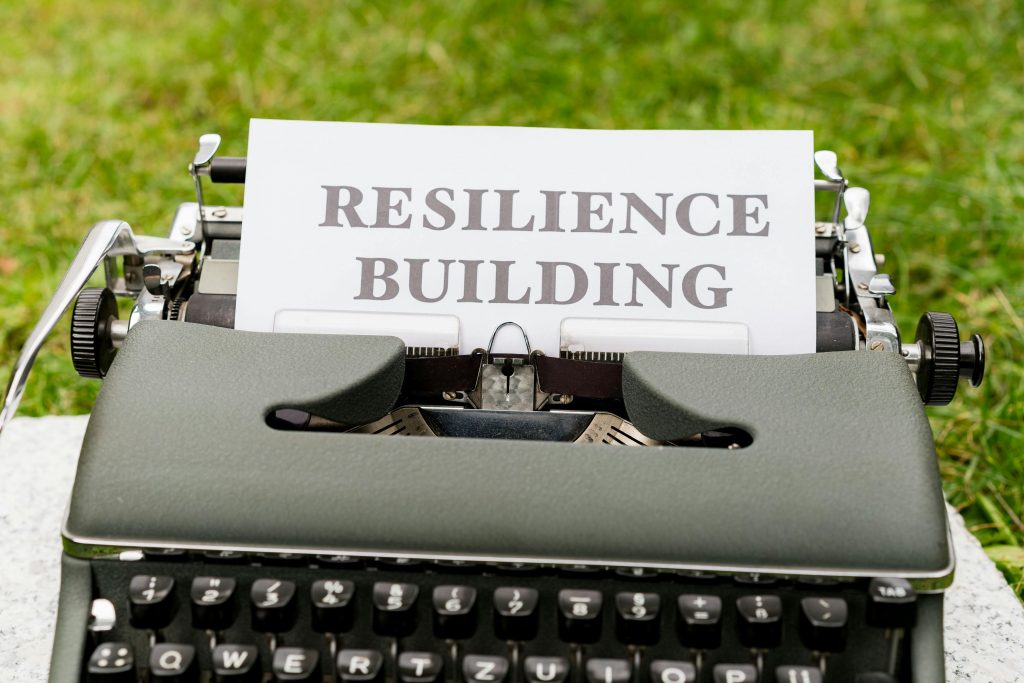
Hello, and welcome to another blog post!
I hope everyone has spent a wonderful spring break resting, recuperating, and spending time with their loved ones.
Today, I wanted to write a blog post about one of my favourite topics within the field of psychology: Positive Psychology!
Positive Psychology emphasizes psychological states such as joy, character strengths such as altruism, and social institutions that enhance subjective well-being and make life worth living (American Psychological Association, n.d.).
The historical founder of the Positive Psychology movement is Martin Seligman (Mills, 2021). In addition to founding this movement, Martin Seligman is also considered a leading authority in the fields of resilience, learned helplessness, depression interventions, optimism, and pessimism. He served as the president of the American Psychological Association in 1998 and aimed to promote positive psychology as a field of scientific study at the time.
In his work, Seligman emphasized the importance of subjective experiences, well-being, contentment, satisfaction with the past, hope and optimism (for the future), and flow and happiness (in the present) (Seligman & Csikszentmihalyi, 2000). He highlighted the importance of positive individual traits, including the capacity for love and vocation, courage, interpersonal skill, aesthetic sensibility, perseverance, forgiveness, originality, future-mindedness, spirituality, high talent, and wisdom. Regarding positive traits relevant to groups, Seligman focused on the importance of civic virtues and institutions that enhance citizenship, including responsibility, nurturance, altruism, civility, moderation, tolerance, and work ethic.
According to an article on positive psychology by Seligman and Csikszentmihalyi (2000), before the Second World War, psychology had three distinct missions: remedying mental illness, enhancing the productivity and fulfillment of individual lives, and identifying and cultivating higher talent. During the Second World War, the need for a positive psychology was realized. Myriad individuals who were once successful and confident felt helpless and downcast, as they were removed from their social supports. Despite this, a few individuals remained resilient amidst the ongoing chaos. According to Seligman and Csikszentmihalyi (2000), the serenity of these individuals served as a beacon that prevented others from losing hope. However, objectively speaking, these individuals were not more respected, better educated, or more skilled than others. In turn, positive psychologists pondered the sources of strength that set these individuals apart.
According to Seligman and Csikszentmihalyi (2000), the scientific field’s overemphasis on personal weakness and damaged brains failed to effectively prevent illness. Accordingly, the authors posited that mass research on human strengths and virtues may aid in remedying this issue. In turn, they asserted that practitioners ought to recognize that much of their best work occurs from amplifying individual aptitudes rather than aiming to repair weaknesses. Fostering these strengths through family, school, and community interactions is key. Rather than viewing individuals as passive vessels responding to stimuli (a marker of previous psychological movements), positive psychology portrays individuals as capable decision-makers who can engage with their preferences, and who are ultimately able to become masterful and efficacious. Seligman and Csikszentmihalyi (2000) asserted that relying on this positive point of view may help prevent mental disorders, as well as potentially make clients physically healthier (given that mental wellness may exert positive effects on one’s physical state). Thus, Positive Psychology may make normal people stronger, increase individuals’ productivity levels, and help individuals realize their outstanding human potential.
Initially learning about the positive psychology movement at university filled me with a sentiment of hope and optimism for the future. Before knowing that this movement exists, I had always assumed that the field primarily capitalized on remedying psychological deficits, rather than highlighting personal strengths. Given this, I think that the strength-based approach that positive psychology emphasizes has the potential to benefit individual mental health. More specifically, I believe that incorporating ideas from positive psychology into our individual lives, by focusing on our personal strengths and aptitudes, may serve to provide us with a more positive worldview and mental health state. To apply this to my own experiences, I know that often when I feel bogged down by stressors and difficult life circumstances, reminding myself of my personal capabilities helps me persevere through whatever struggle that I am facing. I find that telling myself that I am a resilient person who has overcome past adversity, has the potential to learn from experiences, and may undergo personal growth, helps me surpass daily obstacles, as well as more significant difficult life events.
I hope that whoever is reading this has learned something new, or consolidated some previously attained knowledge. If you are a person who is interested in Positive Psychology and its underlying theory, you might consider researching further into this fascinating movement. Regardless, I hope that whoever reads this goes on to have a great rest of their day, and stays warm in preparation for the oncoming Canadian winter.
References
American Psychological Association. (n.d.). Positive Psychology. In APA dictionary of psychology. https://dictionary.apa.org/positive-psychology
Mills, K. I. (Host). (2021, January). Positive psychology in a pandemic, with Martin Seligman, PhD [Audio podcast episode]. In Speaking of Psychology. American Psychological Association. https://www.apa.org/news/podcasts/speaking-of-psychology/positive-psychology
Seligman, M. E. P., & Csikszentmihalyi, M. (2000). Positive Psychology: An Introduction. The American Psychologist, 55(1), 5–14. https://doi.org/10.1037/0003-066X.55.1.5
Image Courtesy of Pexels.com
“Note: The Free Your Mind Mental Health Society is an independent youth-led organization. The contents of this blog are not intended to be a substitute for professional medical advice, diagnosis, or treatment. Always seek the advice of your physician or another qualified health provider with any questions you may have regarding a medical condition. In the event of a medical emergency, please call your doctor or 911 or other local emergency numbers immediately.”

